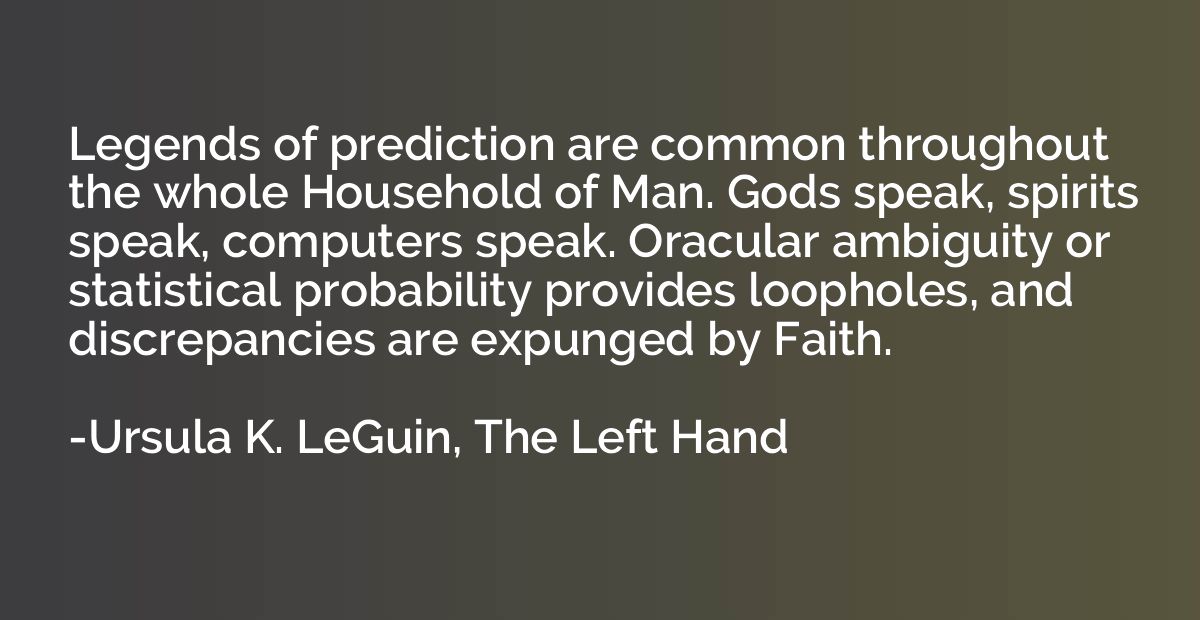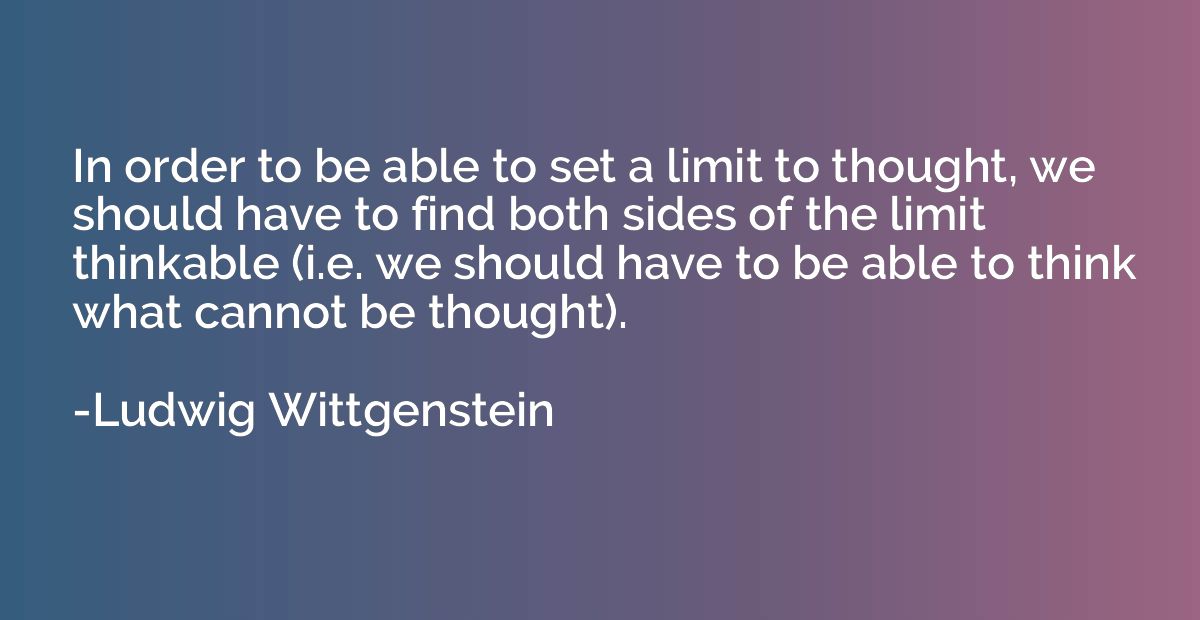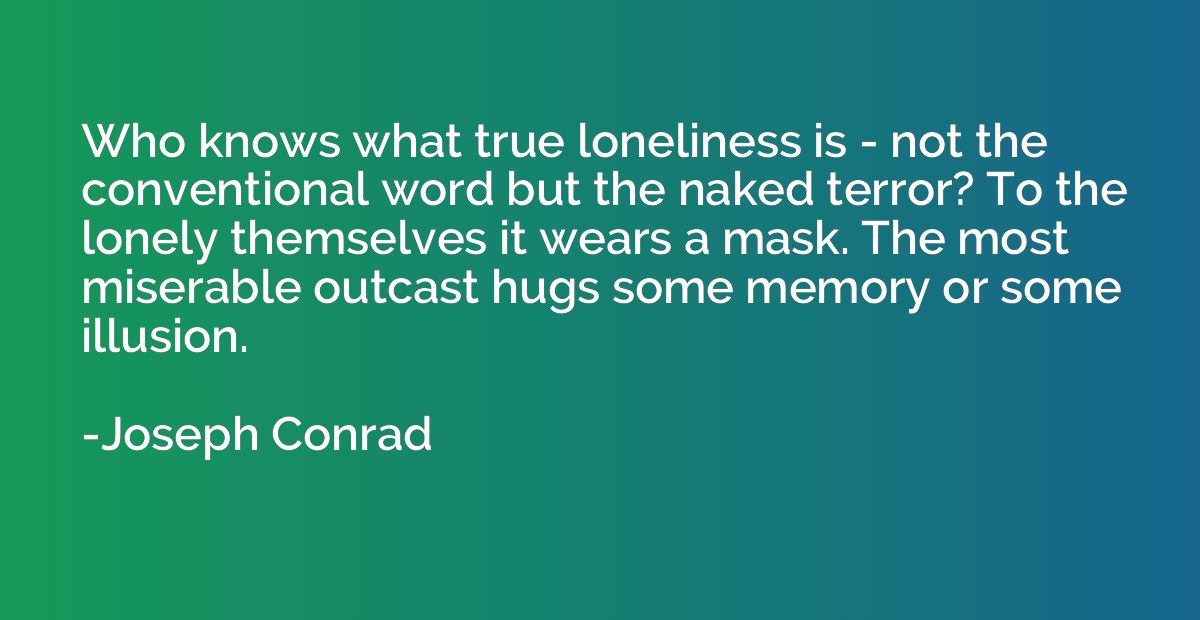Quote by Albert Einstein
Put your hand on a hot stove for a minute, and it seems like an hour. Sit with a pretty girl for an hour, and it seems like a minute. THAT'S relativity.

Summary
This quote, often attributed to renowned physicist Albert Einstein, presents a simple yet profound explanation of relativity. It suggests that time is not always experienced as a fixed and objective concept. Instead, our perception of time is relative to our experiences and surroundings. When engaged in something unpleasant, like placing our hand on a hot stove, time appears to pass slowly. On the contrary, when engaged in something enjoyable, like spending time with someone attractive, time seems to fly by quickly. This quote illustrates the subjective nature of time and how it can vary based on our individual experiences.














